Each year in the United States, unparalleled innovations in medical diagnostics, treatment, and technology hit the market. But when the same devices designed to save patients end up harming them, who is accountable?
Related Movies
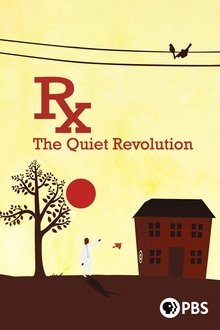
Rx: The Quiet Revolution (2015)
How a patient-centered philosophy can improve outcomes and enrich the lives of patients.

Voices from the Shadows (NaN)
‘Voices from the Shadows’ shows the brave and sometimes heartrending stories of five ME patients and their carers, along with input from Dr Nigel Speight, Prof Leonard Jason and Prof Malcolm Hooper. These were filmed and edited between 2009 and 2011, by the brother and mother of an ME patient in the UK. It shows the devastating consequences that occur when patients are disbelieved and the illness is misunderstood. Severe and lasting relapse occurs when patients are given inappropriate psychological or behavioural management: management that ignores the severe amplification of symptoms that can be caused by increased physical or mental activity or exposure to stimuli, and by further infections. A belief in behavioural and psychological causes, particularly when ME becomes very severe and chronic, following mismanagement, is still taught to medical students and healthcare professionals in the UK. As a consequence, situations similar to those shown in the film continue to occur.
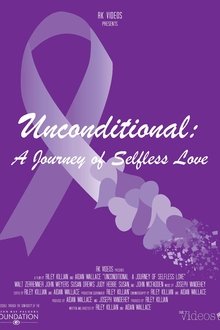
Unconditional: A Journey of Selfless Love (2022)
Unconditional: A Journey of Selfless Love explores the love, care, and sacrifices family caregivers give to their loved ones and the many loving choices they have to make. Learn what it means to be committed and loyal to someone no matter the circumstances as highlighted through four caregivers and their journeys.

Sicko (2007)
A documentary about the corrupt health care system in The United States who's main goal is to make profit even if it means losing people’s lives. "The more people you deny health insurance the more money we make" is the business model for health care providers in America.

In Lies We Trust: The CIA, Hollywood, and Bioterrorism (2007)
Its hard to explain the full depth and breadth of the depravity of the pharmaceutical industry, the medical research industry, and the federal government. This film does a pretty good job. Hang on to your hat. The model for modern biological warfare was "discovered" during the conquest of the Americas and has been repeated over and over again.
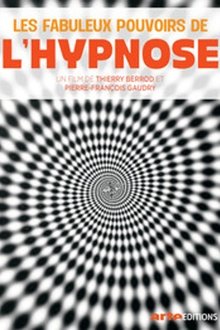
Les Fabuleux Pouvoirs de l'hypnose (2017)
More and more doctors and surgeons are using hypnosis as a supplement to anesthesia during surgery. Hypnosis is also gaining increasing recognition among conventional physicians, especially for anesthesia and pain treatment. Can it also help with psychological stress disorders such as trauma, phobias, addiction, depression or burnout?
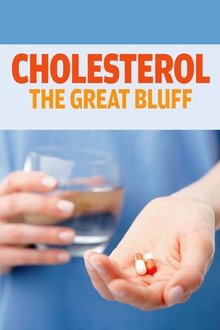
Cholesterol: The Great Bluff (2016)
The link between heart disease and blood cholesterol is a medical dogma that has existed for the past fifty years and has led to the development of a billion-dollar, low-fat, food industry, as well as to statins, a drug that lower “bad cholesterol” levels, so it has became one of the most prescribed medicines in the world. But more and more researchers are openly questioning the mainstream opinions on cholesterol…
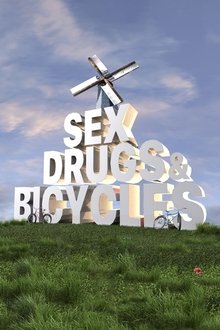
Sex, Drugs & Bicycles (2020)
The documentary that answers the question: is having month-long double paid vacations, no fear of homelessness, and universal health care the nightmare we've been warned about? The answer may surprise you.

Children in Crisis: The Story of CHIP (2024)
In the midst of a catastrophic steel industry collapse, a remarkable grassroots community effort leads to a national healthcare program that helps more than 200 million children...and counting.
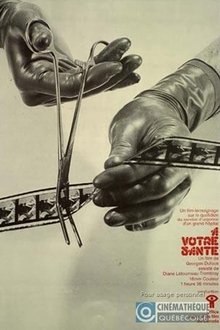
À votre santé (1974)
Focuses on the state of the Quebec health system in the early 1970s. This film reveals the harsh reality of emergency rooms. There, medical teams, facing a serious shortage of staff, are facing a real invasion of patients. The technical means, often insufficient, make the task even more difficult.

Nuclear Savage: The Islands of Secret Project 4.1 (2011)
A shocking political exposé, and an intimate ethnographic portrait of Pacific Islanders struggling for survival, dignity, and justice after decades of top-secret human radiation experiments conducted on them by the U.S. government.

What About ME? (2016)
Inside the dramatic search for a cure to ME/CFS (Myalgic Encephalomyelitis/Chronic Fatigue Syndrome). 17 million people around the world suffer from what ME/CFS has been known as a mystery illness, delegated to the psychological realm, until now. A scientist in the only neuro immune institute in the world may have come up with the answer. An important human drama, plays out on the quest for the truth.
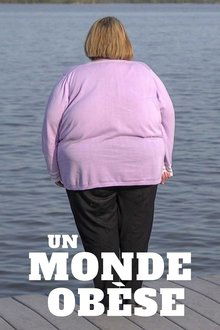
An Obese World (2020)
As obesity progresses inexorably, Sylvie Gilman and Thierry de Lestrade investigate the causes of this planetary plague and reveal the fight waged in certain countries to stem it.
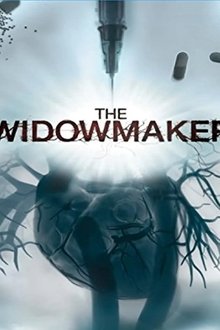
The Widowmaker (2015)
Every minute of every year an American drops dead of a heart attack, hundreds of thousands without any warning or prior symptom. But these people could have been saved. The Widowmaker uncovers a chilling tale of greed, ego, and a conspiracy of silence around that most vulnerable of human organs - the heart.